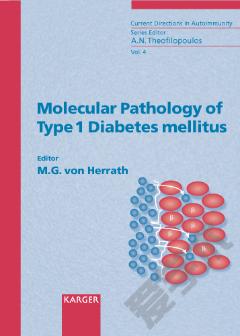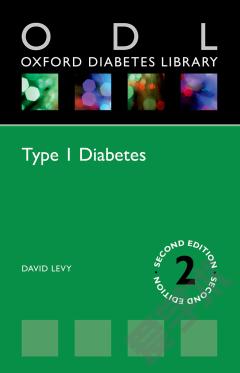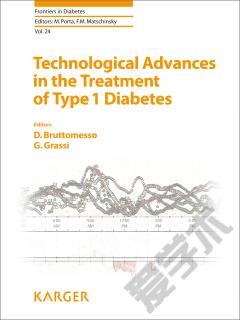Molecular Pathology of Type 1 Diabetes mellitus
Type 1 diabetes as well as multiple sclerosis are thought to be T cell mediated autoimmune diseases that involve a detrimental action of inflammatory cytokines and autoaggressive T lymphocytes. They still pose many unsolved puzzles, and the precise etiology as well as prevention have remained elusive. It is clear that genetic factors can predispose for developing diabetes, however, based on significant disease discordance found in monozygotic twins, additional environmental factors have to be postulated. Viruses are good candidates because they induce strong cellular and humoral immune responses, but no single etiologic agent has been identified. Several animal models are presented which have been used to study the activation of naive autoreactive lymphocytes. It is shown that regulation of the autoaggressive process occurs prior to clinical diabetes and is mediated by a complete network of cytokines, as well as regulatory circuits/cells. The spreading of autoimmunity to self-antigens not involved in the initial phase of islet destruction is not necessarily detrimental and can carry benefits. Therapeutically, counter-regulation of aggressive responses has been demonstrated via various means in animal models preventing diabetes or rejection of transplanted islets. All these findings are being discussed in this volume, which presents a state-of-the-art overview of the pathogenesis and intervention of type 1 diabetes. Authoritative and up-to-date, it will be of great value to any investigator interested in understanding autoimmunity.
{{comment.content}}








 京公网安备 11010802027623号
京公网安备 11010802027623号